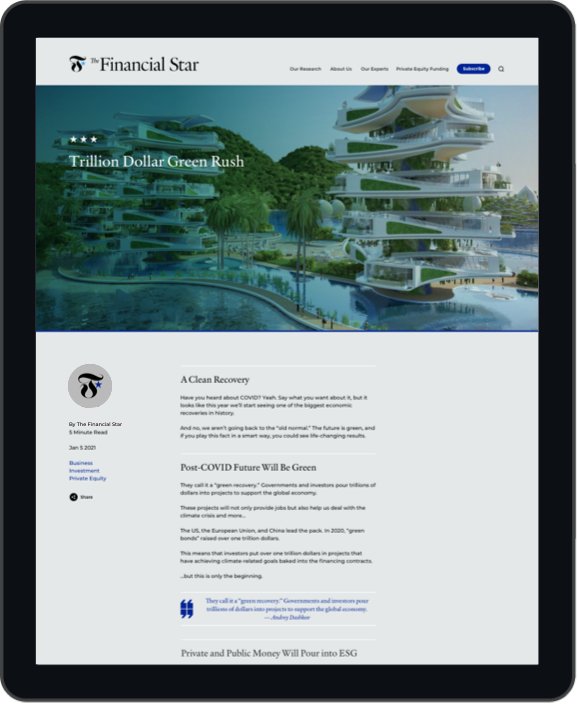Volkswagen, one of the world’s leading EV manufacturers, is betting big on Canada.
The company announced that it wants to build a battery plant in either Ontario or Quebec.
This is part of a plan by VW to expand rapidly in North America.
(The company is already the #1 EV seller in Europe, which is one of the world’s largest EV markets. VW holds a 20% share.)
During his visit to Germany, Canadian Industry Minister François-Philippe Champagne signed an agreement with VW to formalize the process.
Why Did Volkswagen Choose Canada?
Canada is one of the best North American jurisdictions to invest in.
It is one of the easiest countries in the world to do business in. It was ranked 23rd out of 190 countries reviewed in the World Bank’s Ease of Doing Business report.
It has the infrastructure in place to handle large-scale battery production.
This includes clean power. Almost two-thirds of all power generated in Canada comes from hydroelectricity, which is one of the cleanest sources of power, according to Statista.
The country is second in the world by hydroelectricity production, with China being the top hydro producer.
In Ontario, 92% of all electricity is derived from zero-carbon sources. In Quebec, 94% of electricity comes from hydro sources.
VW has paid particular attention to this. Abundant clean electricity was one of the key reasons the company decided to build a battery production facility in Canada.
The CEO of VW’s battery unit said, “We will not only consider site characteristics and infrastructure but also, and especially, the availability of adequate quantities of energy from renewable sources and competitive financial conditions.”
A Billon-Dollar Investment in Battery Materials
VW’s battery plant will need cathode materials. Umicore, a Belgium-based chemicals company, is about to build a $1.5-billion battery materials plant in Ontario.
When at full capacity, the plant will be able to supply enough materials to produce one million electric vehicles per year.
For comparison, Tesla has sold about one million EVs so far in total.
In the US, about 740,000 EVs were sold in total.
The new battery plant in Ontario will be able to supply enough battery materials to power every car sold in the US.
And that market is growing fast. Right now, the US represents just 6% of the global EV market.
By 2030, the US plans to represent 50% of the world’s market share.
This growth needs billions of dollars in investment funds. With the Umicore investment in Ontario, this trend has begun.
But the battery materials plant will need its own inputs. In other words, it will need lithium concentrate to produce high-grade lithium compounds.
Umicore’s CEO said, “This expansion in North America would complete our global rollout of regional supply chains for our automotive and battery cell customers to now three continents.”
The company is building a regional supply chain. And this is great news for Canada-based lithium companies.
Canada’s Lithium Companies to Benefit from VW’s Expansion
Building a regional supply chain means sourcing critical minerals locally.
Canada has abundant lithium resources but almost no production.
This is why the country is accelerating its lithium supply chain to ensure that battery manufacturers have an ample supply of lithium from Canada’s Ontario and other provinces.
For example, in November, Alberta invested about $20 million into a lithium exploration company.
Lithium is on the list of “critical minerals” in Canada, which makes it a strategically important priority for the country’s aspiration to become a global EV battery leader.
We will not be surprised to see both the government and the private sector accelerate their investment in lithium mining companies based in Canada.
Volkswagen’s deal is another catalyst for Canada’s lithium sector.
Investors should take note.
Thank you for your loyal readership,
The Financial Star team













